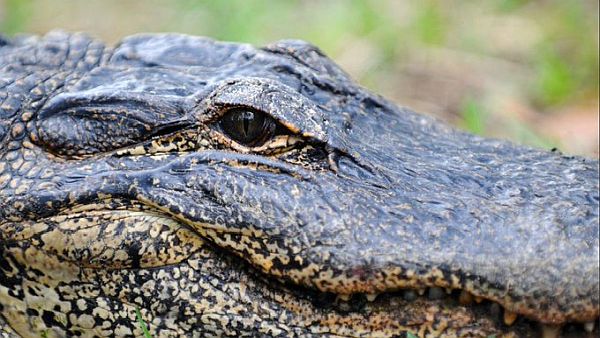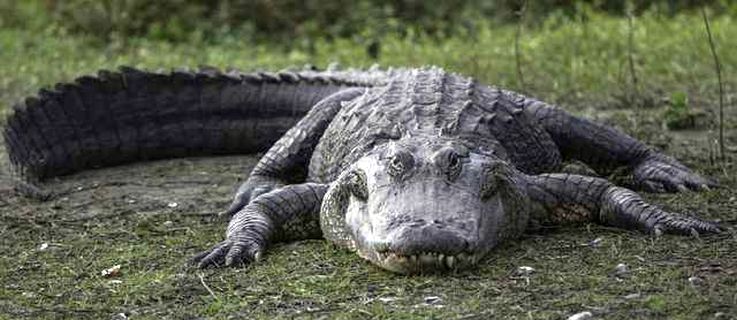
Apply now for Florida’s 2024 ‘Alligator Super Hunt’ season

When some think of Florida, one of the things that crosses their minds is the abundance of alligators that call the Sunshine State their home. The alligator population in Florida is estimated at 1.3 million gators of every size – and that number has remained stable for many years – thanks in large part to the alligator conservations programs overseen by the Florida Fish and Wildlife Conservation Commission (FWC).
In 1988, the FWC established an annual statewide recreational alligator harvest opportunity that set the stage for recreational alligator hunting in Florida which has come to be known as the Alligator Super Hunt, where gator hunters must apply for the program which allows for the harvesting of two gators per permit.
In addition to providing permit holders with a much-desired opportunity to experience alligator hunting in Florida, alligator meat is a delicious and healthy choice. In addition, the hide can be tanned and made into leather products. ~ The FWC
For 2024, the FWC approved rule changes to establish the Alligator Super Hunt, which will take effect for the 2024 alligator harvest season. This opportunity is similar to other special-opportunity hunts the FWC implements in that applicants pay $5 for each application and can apply as many times during the application period as desired to increase their chances of being drawn.
The 2024 application period will run May 3 – June 3. Applications can be submitted at GoOutdoorsFlorida.com.
The number of permits will be established annually and will be selected through a random drawing process. Up to two alligators may be harvested per permit, and selected permittees will be allowed to hunt at most legally accessible alligator management units (AMUs) from August 15 – December 31. Only 16 AMUs are excluded from the Alligator Super Hunt. A list of excluded AMUs and other pertinent info regarding the Alligator Super Hunt can be found on the FWC website,
Alligator management programs implemented by FWC emphasize the conservation of alligator populations for their ecological, aesthetic, and economic values while providing for public use and safety.
–
(Source: FWC)
(Cover photo, Image credit: Twitter)
Posted by Richard Webster, Ace News Today
Follow Richard on Facebook, Twitter & Instagram






